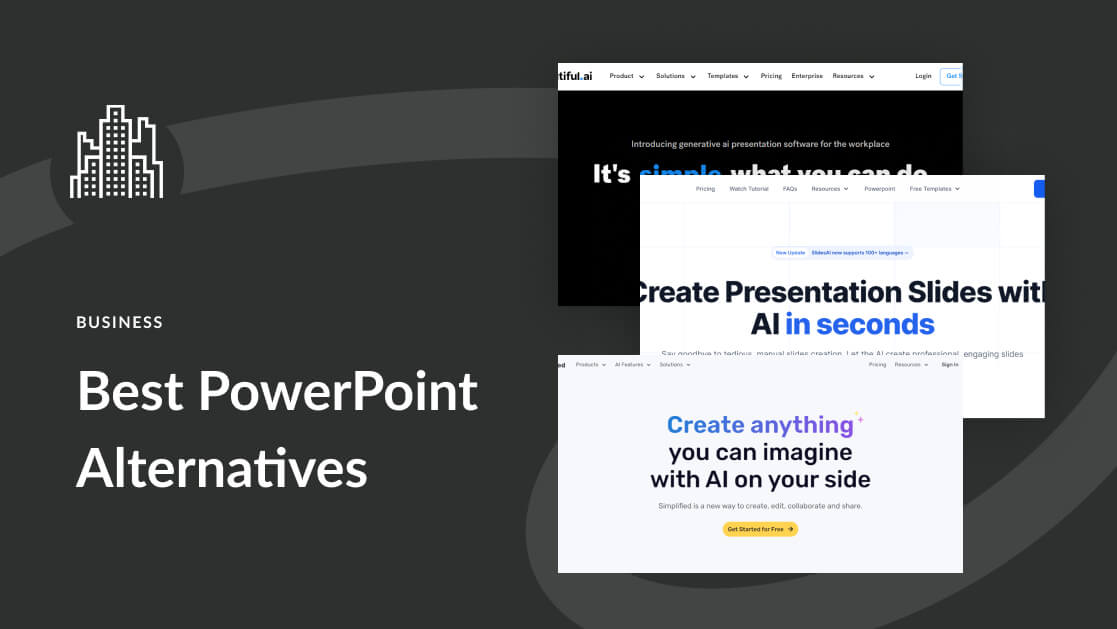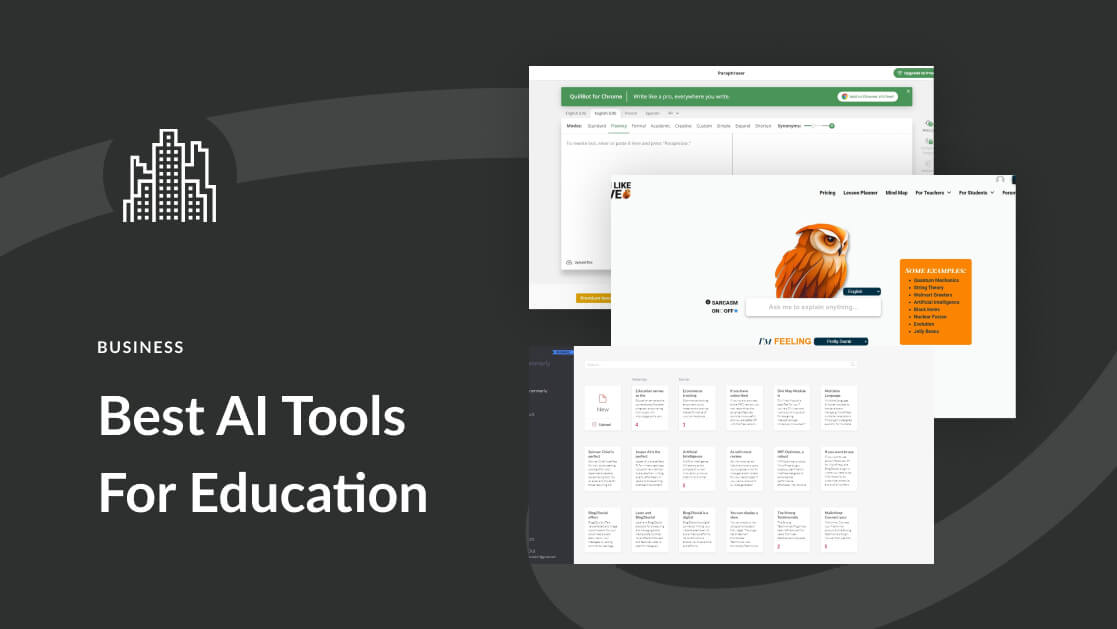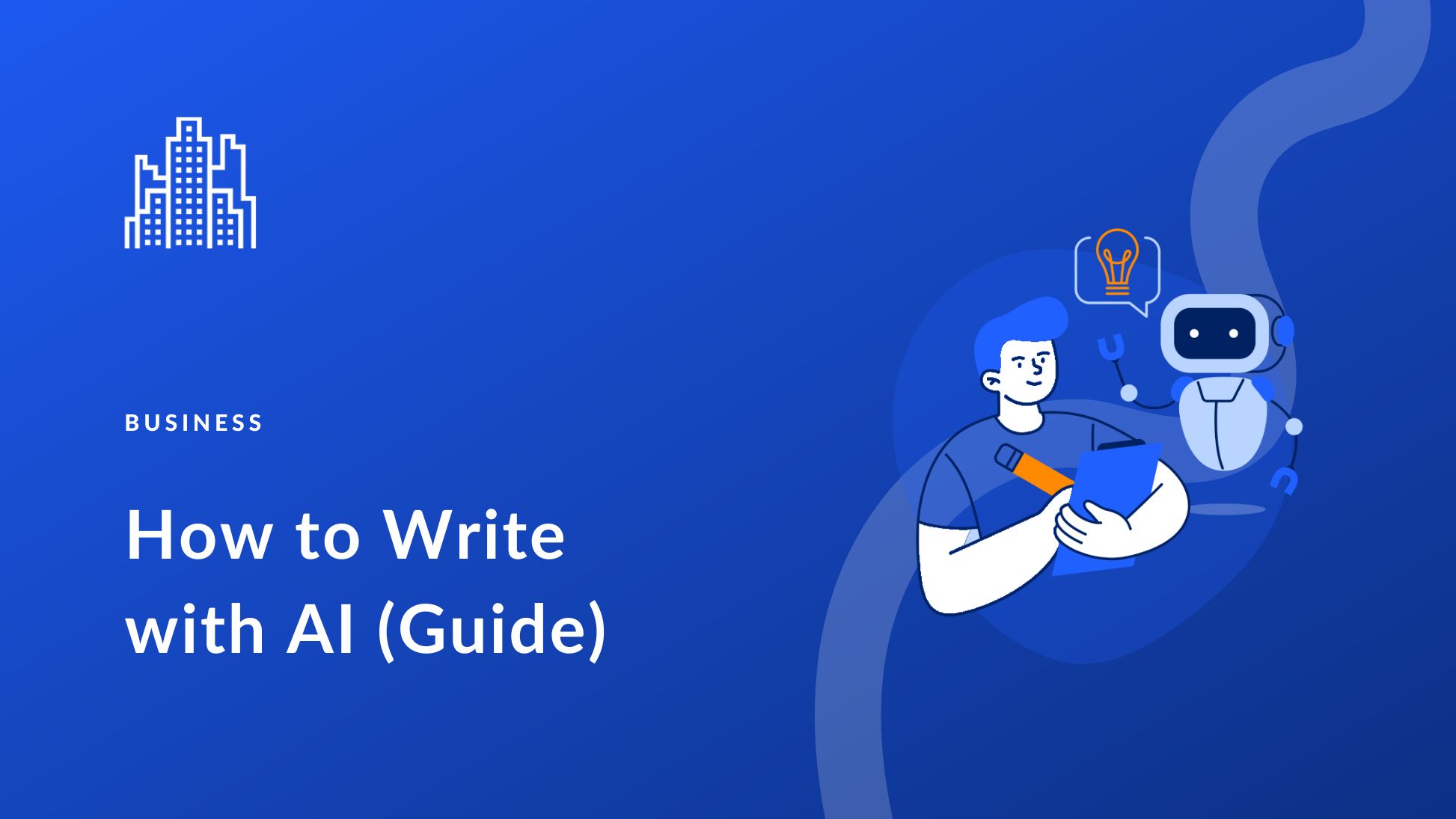In business, many people claim to have a “type A” personality. The assumption is that the more competitive and aggressive you are, the better you must be at your job. In reality, there’s more than one personality type that can succeed in the office.
In this article, we’re going to talk about different personality type theories. Then we’ll break down the personality types A, B, C, and D. We’ll talk about the professional and social strengths and weaknesses of each and help you determine which one corresponds to you.
Let’s get to it!
What Are Personality Type Theories?
It’s only natural that we try to fit the people we meet into archetypes. After all, we learn about the world around us by fitting things into known categories so we can understand how they work within our existing worldview.
In psychology, there are several popular personality type studies and archetypes. For example, you have the Myers-Briggs personality types – which classify people into 16 groups – and the popular Enneagram model, which includes nine categories.
However, as you probably imagine, boxing people into neat categories isn’t all that simple. In real life, most people exhibit traits from multiple personality types simultaneously.
The A, B, C, and D personality type system focuses specifically on traits that are important within the workplace. For instance, instead of trying to determine whether someone is friendly or awkward, this model zeroes in on whether they’re task-oriented or enthusiastic.
Knowing which of these four categories you fit into can give you an idea of what type of work you’re best suited for. It can also inform you how you fit into larger teams and in which roles you tend to provide the most value.
How Does Your Personality Type Affect Your Work?
Despite what you might hear, there’s no single personality type that’s ideal for the workplace. If you put a group of type As in a room and assign them a project, chances are it won’t get done. With a healthy mix of strengths and weaknesses, everyone can contribute in different ways to help the team succeed.
Type A Personality
You’ve probably heard of type A personalities before. In theory, they’re the people who like to take charge. Within an office, you’re more likely to find types As in managerial roles or working as team leaders.
Strengths:
- They’re comfortable with stressful situations.
- They like to take charge when the opportunity arises.
Willingness to take charge can be a positive attribute in many situations. A lot of people in the workplace may not feel comfortable stepping up into leadership roles. However, you can always count on type As to be willing to stick their necks out a little bit.
Given that they work well under pressure, type A personalities are also nice to have around when you’re under a serious time crunch. They make sure the team meets deadlines and keep everyone organized to ensure success.
Weaknesses:
- Type As can be goal-oriented to a fault.
- They may not be qualified to lead in every scenario.
No single individual is qualified to lead in every situation. That can be a problem with type As since they may be unwilling to compromise control in the workplace, even if someone else is better suited to steer a particular project.
Likewise, being too focused on goals can mean that type As have unrealistic expectations when it comes to productivity. This is a trait you can often find in managers who don’t understand that quality results take time.
If you identify yourself as a type A personality, you must learn how to listen to your team and work with them. That means paying attention to expert opinions, being willing to delegate tasks, and understanding not everyone works well under stress.
Type B Personality
One of the advantages of working in an office is that it provides opportunities to socialize. In most teams, you have people who seem to get along well with everyone and help keep morale up. Those people tend to be type B personalities.
Strengths:
- They help bolster team morale up by building positive work relationships.
- Their enthusiasm can help quieter team members feel more comfortable making contributions.
The role of type Bs is often played down in the office. Although they are not as goal-oriented as type As, they’re critical for maintaining enthusiasm over the course of long-term projects.
Think of type Bs as the social glue that holds an office together. Without their “big” personalities, workplaces can feel less welcoming. Most personality types can’t do their best work in hostile, high-stress environments, which type Bs can help prevent.
Weaknesses:
- Type Bs can lack focus on important goals.
- They can be disorganized.
The type B personality archetype is often depicted by highly laid-back individuals. In theory, type Bs may focus so much on socialization and fostering a positive work environment that it can affect their own productivity.
When you combine type Bs with types As, you get a winning combination. If you identify as a type B, adding more structure to your work routine can help you stay on track. Keeping morale up is important, but so is making sure you meet all your deadlines.
Type C Personality
On paper, type C personalities are the brains behind most operations. Within an office, you can recognize type Cs as the team members who like to dissect problems from every angle and make sure you don’t miss a single detail.
Strengths:
- They try to approach projects and problems as logically as possible.
- They’re highly detail-oriented and value preparedness.
In movies, type C personalities are the quirky brainiacs who operate at a higher mental speed than other people. In real life, the value of type Cs is that they help the team come up with innovative solutions.
Additionally, their attention to detail can help your team prevent issues before they arise. By proposing proactive fixes for potential problems, a type C may save you more work down the line.
Weaknesses:
- Being too detail-oriented can impact performance.
- Type Cs can be slow to take action if left to their own devices.
If you’re a type C personality, then your value to the workplace is uncalculable. You help your team find the best solutions to the problems you face, but you may also have a tendency to overthink things.
As a type C personality, it’s important to understand that your desire for perfection can sometimes be your enemy. There are always ways to improve existing processes or complete tasks more efficiently. However, if you spend all your time preparing, you might not actually get all that much work done.
Type D Personality
Last but not least, we have personality type D. In an office, type Ds tend to be the most cautious. If you’re working on a project, they’re the most likely to temper expectations and tackle one task at a time.
Strengths:
- They can act as the voice of reason within teams
- They focus on tasks, rather than big-picture goals
Where a type A might want to get a project done as fast as possible even if it means taking risks, type Ds tend to be more cautious. A type D personality keeps their eye on the little tasks the team needs to complete so the project as a whole can move towards the finish line.
Although caution might not be the most glamorous personality trait, it is by far one of the most valuable. The importance of having team members who you can rely on to keep up a steady pace can’t be overstated.
Weaknesses:
- Type Ds can be unwilling to take necessary risks.
- They can lack the assertiveness to express their point of view.
If you identify as a type D, you should keep your mind open to out-of-the-box solutions. In some cases, you might be unwilling to make changes to the way you do things, even if those changes could lead to improvements in productivity.
However, that’s not always the case, which is why you also need to become more comfortable speaking your mind. If you feel your teammates need to be more cautious or temper their expectations, you should weigh in respectfully.
How Can You Determine Your Personality Type?
You probably have a reasonably accurate idea of which personality type describes you the best. However, it’s important to remember that almost no one is a perfect representation of a single archetype.
It’s more likely that you exhibit traits of multiple personality types, only some may be stronger than others. Knowing what your strongest traits are should help you figure out your optimal role in an office.
There are a lot of online personality tests you can take to help you assess whether you’re a type A, B, C, or D. We’re not talking about BuzzFeed-type tests either, but examinations that have roots in psychological science.
Of course, no single test is perfect. The three options below should provide you with a solid starting point, whether you’re an employer or taking the test for yourself:
- Hire Success’ pre-employment personality test
- Psychology Today’s type A personality test
- Jenkins Activity Survey’s personality type A/B test
Unfortunately, most of the best personality tests focus on types A and B. Those two personalities make for easy classification, which explains their popularity. Even if you don’t think you fit into those personality types, the results of these tests might surprise you.
Conclusion
Every personality type contributes something different to the office. Type As are goal-oriented, Bs are enthusiastic, Cs see the details everyone else misses, and Ds keep the team in check. Knowing what your personality type is can help you understand your strengths and weaknesses and determine what type of work you’re best suited for.
It’s hard to sum up personality types A, B, C, and D in only a few words, but let’s give it a shot:
- Type A. Likes to take charge and get tasks done as quickly as possible. Is generally a team leader or manager.
- Type B. The glue that holds the office together with emotional intelligence and enthusiasm. Helps keep morale high during long-term projects.
- Type C. Detail-oriented and logical problem solvers. Typically provide some of the most innovative solutions and ideas.
- Type D. The voice of reason and stability in most workplaces. Make sure individual tasks get done so the project as a whole can succeed.
Which personality type do you consider yourself to be? Share your thoughts with us in the comments section below!
Image by Inspiring / shutterstock.com









I like that
Thanks, Oscar!
Great content, I find myself in-between personality A and C.
because I would like to achieve my targets within the given Deadline.
without compromising on quality work.
Personality B I don’t find in myself that I should work on it.
Glad you liked the post, Shams!